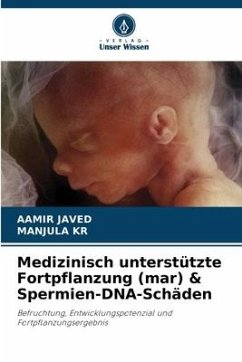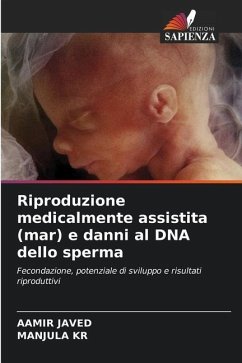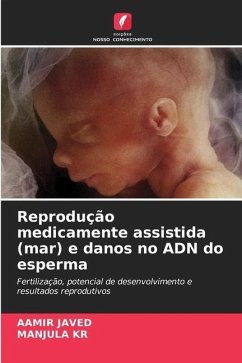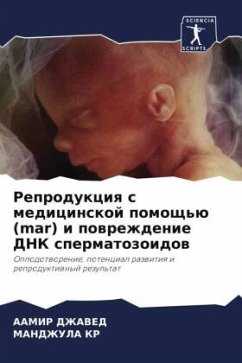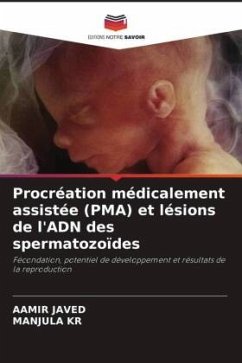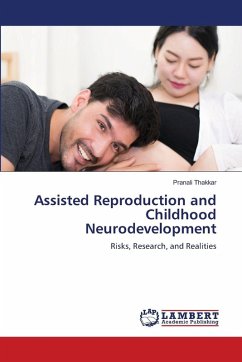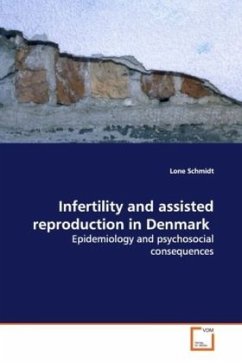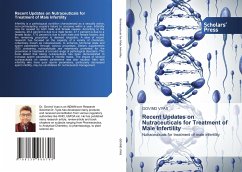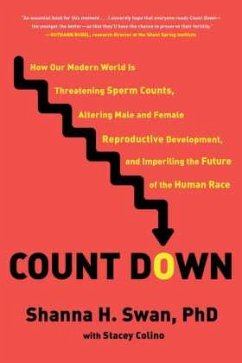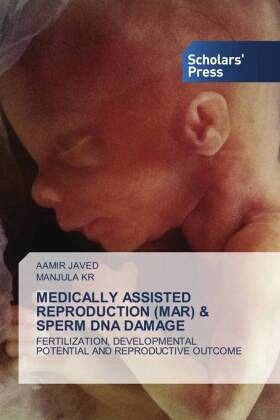
MEDICALLY ASSISTED REPRODUCTION (MAR) & SPERM DNA DAMAGE
FERTILIZATION, DEVELOPMENTAL POTENTIAL AND REPRODUCTIVE OUTCOME
Versandkostenfrei!
Versandfertig in 6-10 Tagen
58,99 €
inkl. MwSt.

PAYBACK Punkte
29 °P sammeln!
Male barrenness is because of low sperm count, subnormal sperm capacity, or blockages that prevent the conveyance of sperm. Diseases, wounds, eternal medical issues, way of life decisions, and different components can be a reason for causing male barrenness. Not having the option to imagine an offspring can be upsetting and baffling, however various male infertility medications are accessible. The usual seminal profile has been customarily used for diagnosing male infertility based on an examination of semen samples. However, sperm DNA fragmentation has also been causally linked to reproductiv...
Male barrenness is because of low sperm count, subnormal sperm capacity, or blockages that prevent the conveyance of sperm. Diseases, wounds, eternal medical issues, way of life decisions, and different components can be a reason for causing male barrenness. Not having the option to imagine an offspring can be upsetting and baffling, however various male infertility medications are accessible. The usual seminal profile has been customarily used for diagnosing male infertility based on an examination of semen samples. However, sperm DNA fragmentation has also been causally linked to reproductive failure, suggesting that it should be evaluated as part of male infertility assessments. To compare the ability of the five most widely utilized methodologies of measuring DNA fragmentation to predict male infertility.



